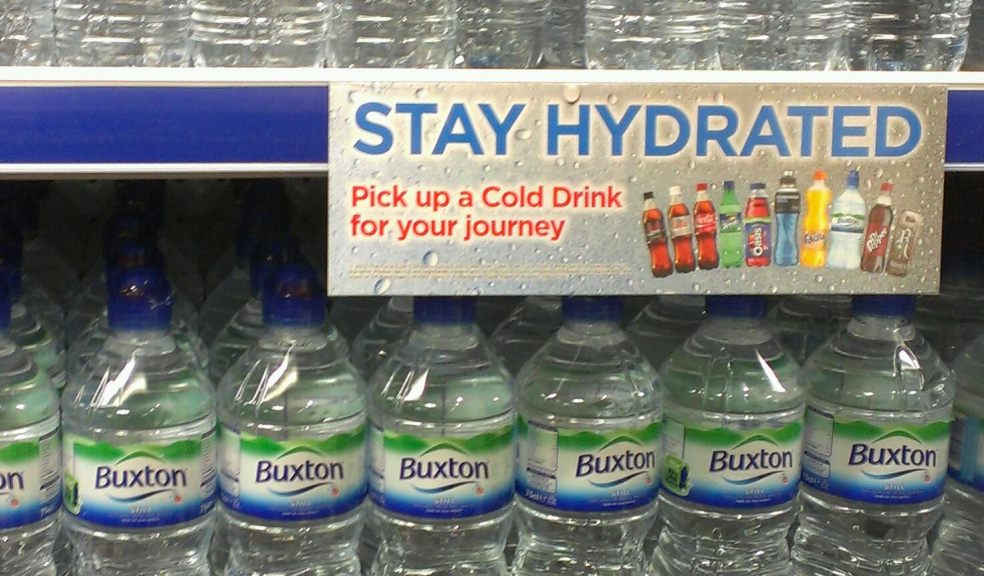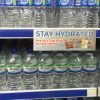
Why bottled water is so bad for the environment
Bottled water epitomises the destructive, extravagant and wasteful nature of our modern society. In comparative terms it is very expensive, not necessary for good health and its packaging and distribution have enormous negative effects on the environment.
Bottled water can be 500 times more expensive than tap water. For example when I checked today (15 Aug 13) a 500ml bottle of Buxton from a nearby motorway services cost £2.29. That’s £4.58 a litre, three times the price of petrol at the same location! I couldn’t find the local price per litre of tap water however I do have a figure from Thames Water – 0.097p per litre.
No wonder in America they now call bottled water “Blue Gold” and it is regarded as commercially more lucrative than selling petrol. It is estimated that Brits spend about £1.5bn on bottled water per year.
Benefits - So what is so wrong with plain tap water and apart from some extra convenience what is so good about bottled water? The answer to both questions is not a lot! Research has revealed that 30% of bottled water sold in UK supermarkets is re-packaged tap water anyway. This is sold under labels like “table water”. There are plenty of places where tap water can be dodgy however water in the UK is the most stringently tested and purest in the world. There is little evidence to show that the minerals in bottled “mineral water” or “natural spring water” have any health benefits.
Testing standards for bottled water are less than those for tap water. Also once opened it is recommended bottled water is drunk within a day because it contains no preservatives. Swigging from a bottle that has been knocking around it your hot car for days is NOT a wise idea unless you like ingesting bacteria soup!
Carbon Footprint - Both the production of water bottles and their shipment once filled have a massive carbon footprint. It has been estimated that the production of one litre of bottled water produces 300kg of CO2 emissions. On the other hand Thames water estimates that producing each litre of tap water produces 0.0003kg of CO2.
Transporting bottled water adds totally unnecessary “food miles” to a basic necessity. This produces an even larger carbon footprint.
Waste of Oil - We should not be wasting oil, it is a dwindling resource. Figures suggest that in the UK the manufacture of PET plastics to make water bottles uses enough oil to heat 32,000 homes for a whole year. The process also produces 45,000 tonnes of carbon dioxide.
Plastic Rubbish - This is the big one! The estimated lifespan of a plastic water bottle in a landfill is 450 years though this is a guess-timate – no one really knows. Of the 14 billion plastic bottles produced annually here in the UK less that 25% are recycled. The remainder end up in landfills or incinerators which pump more CO2 and other harmful chemicals into the atmosphere.
Worse still huge numbers of bottles end up in rivers and eventually the sea, contributing to the estimated 10 million tons of plastic that goes into the world’s oceans every year
The Solution - When it comes to the environment there are plenty of issues which look intractable. However with bottled water the answer is blindingly simple – stop buying and drinking the stuff. It is ridiculously overpriced, the benefits invisible, wastes precious resources and damages the environment.
Buy a plastic or stainless steel re-usable water bottle and start filling it up daily with fresh pure water from the tap. My advice is not to re-use bottled water bottles, they don’t last long and there is too much temptation to keep buying new full ones to replace the worn out ones!

















